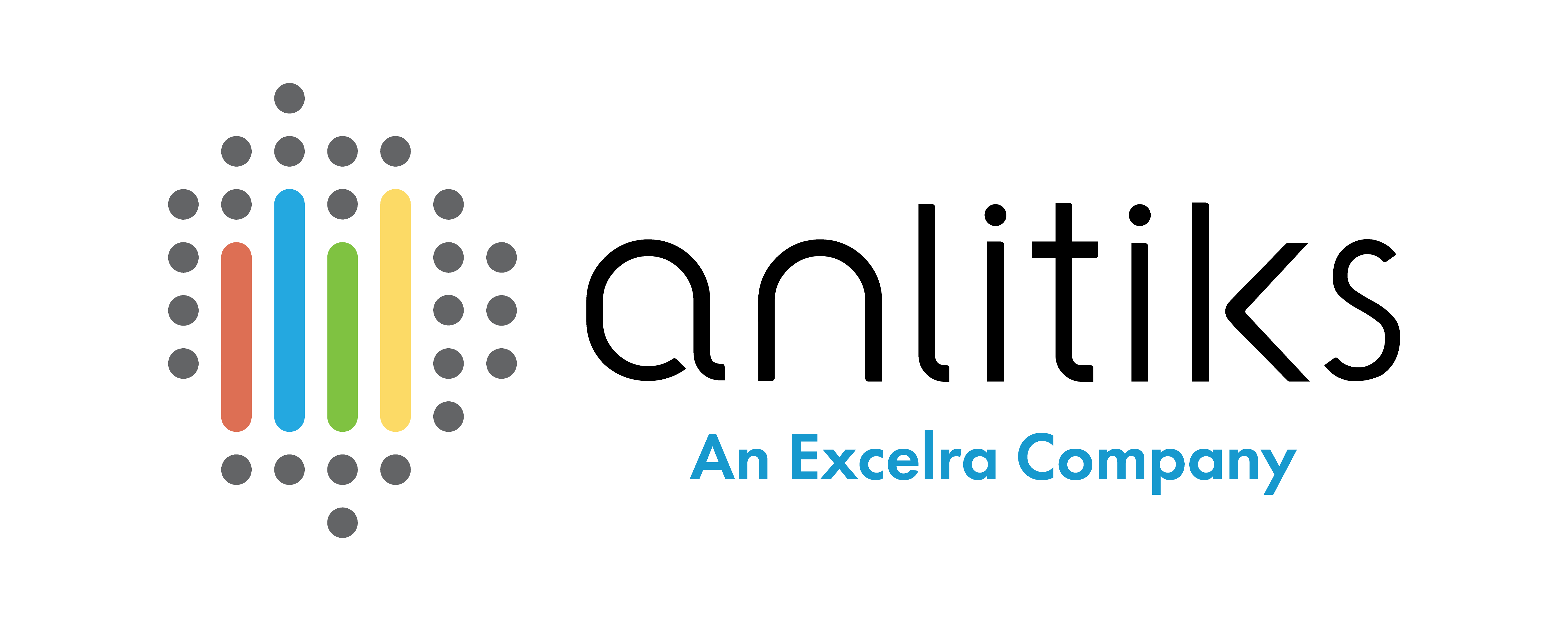Share :
The availability of healthcare data, irrespective of its volume, has historically been an intrinsic component of the healthcare system. Traditionally, the healthcare domain always had the data flowing from patients to doctors, various healthcare providers, clinics, hospitals, insurance claims, and medical research.
Getting the data was never a challenge, however, compilation and leveraging for better decision making, and providing quality patient care is a tedious job. With the advent of artificial intelligence (AI) and machine learning (ML) and Big Data analytics, these technologies have opened up vast horizons for appropriately utilizing data for transforming the healthcare sector. The application of Big Data analytics, AI and ML help in identifying the patterns and provide actionable insights for improving healthcare delivery systems.
Leveraging Big Data for Healthcare Domain:
Healthcare sector has always been process-driven, but digitization in healthcare has enabled the use of data analytics to perform a systematic analysis of vast amounts of data in real-time. This data can unearth hidden patterns, identify opportunities and drive innovation. As a result of this, stakeholders have been able to optimize their resources & services and reduce the operational & financial costs.
Improving the Patient Experience Through Data Analytics:
Data analytics technologies allow researchers to refer to vast amounts of historical and current data. Data which gets collected from hospitals, healthcare organizations, doctors, pharmacists, psychologists, pharmaceutical companies and healthcare market research reports. By combining and analyzing the historical and real-time data such as genetic markers as well as lifestyle factors, researchers can predict trends/patterns on disease onset and improve patient care. Healthcare providers can leverage this data for early diagnosis, determine best treatment and implement prevention strategies. Preventive analytics enables data-driven, better and smarter decisions with customized treatment plans.
Evidence-Based Decision Making With Data Analytics leveraging AI and ML:
AI and ML when combined with Big Data analytics, have proven to be helpful for healthcare service providers. Through data analytics, healthcare professionals can get specific information regarding particular diagnosis for patients and develop an appropriate treatment plan. It can also provide patient information, dosage suggestions and detect allergic reactions. Thus, Big Data analytics enables healthcare service providers to make evidence-based decisions, enhance patient safety by reducing errors and improve treatment outcomes.
Enhancing Patient Engagement:
The whole focus of the healthcare system has drifted away from traditional disease-specific models to a patient-centric approach. Randomized clinical trials (RCTs) have been taken over by decentralized clinical trials (DCT) that are being conducted virtually. Data analytics-driven healthcare system has revolutionized traditional healthcare modalities (clinics, hospitals, pharmacies) as well as opened up new avenues for real-time patient care through digitalization (virtual care). Deep learning-empowered AI and ML users provider-generated data as well as patient-generated data along with social and financial structure data. This has enabled both patients as well as providers to sit together, share their experience and provide customized healthcare plans through shared decision making. Now healthcare providers have quick access to patient’s demographics, past medical history, adverse events and preferences. Through such high-level personalized information helps clinicians to provide customized treatment plans. This approach provides satisfaction and enhances patient experiences.
Market Access Analytics:
Market access analytics helps in channelizing data on patient demographics, new/old treatment outcomes, and market patterns & trends. It helps companies tailor their strategies to meet the specific needs of different patient groups, leading to personalized and effective healthcare solutions. It also enables healthcare providers to enhance market strategies, better resource allocation and offer quick access to the best possible treatments. This ultimately improves patient satisfaction and health.
AI and ML empowered data analytics has enabled us to go deep and decipher even the micro level of data. Exploring healthcare market analytics provides a clear understanding of patient demographics, competitors, payers, and reimbursementsIt patterns that empower the stakeholders to compile, aggregate and analyze vast data, identify the threats and opportunities and make quick and informed decisions.
Healthcare stakeholders can now leverage predictive analytics models and RWE data to decide on pricing and reimbursement. Advanced data analytics expedited proactive market access planning through insights into current market shifts, future market trends, patient needs, and regulatory developments. Due to shared access to vast data, Big Data analytics now acts as a bridge between various stakeholders, such as pharma organizations, payers, providers, and patient advocacy groups.
In conclusion, data analytics has opened up new possibilities for all healthcare-related stakeholders, providing enhanced insights and opportunities for improved decision-making and patient care. These advancements in healthcare are anticipated to lead to accurate diagnoses, customized treatment plans, and improved patient outcomes. By leveraging Big Data analytics, healthcare providers can set up robust healthcare delivery systems, enhance population health management, focus on disease prevention and early intervention, and provide personalized medicines.

